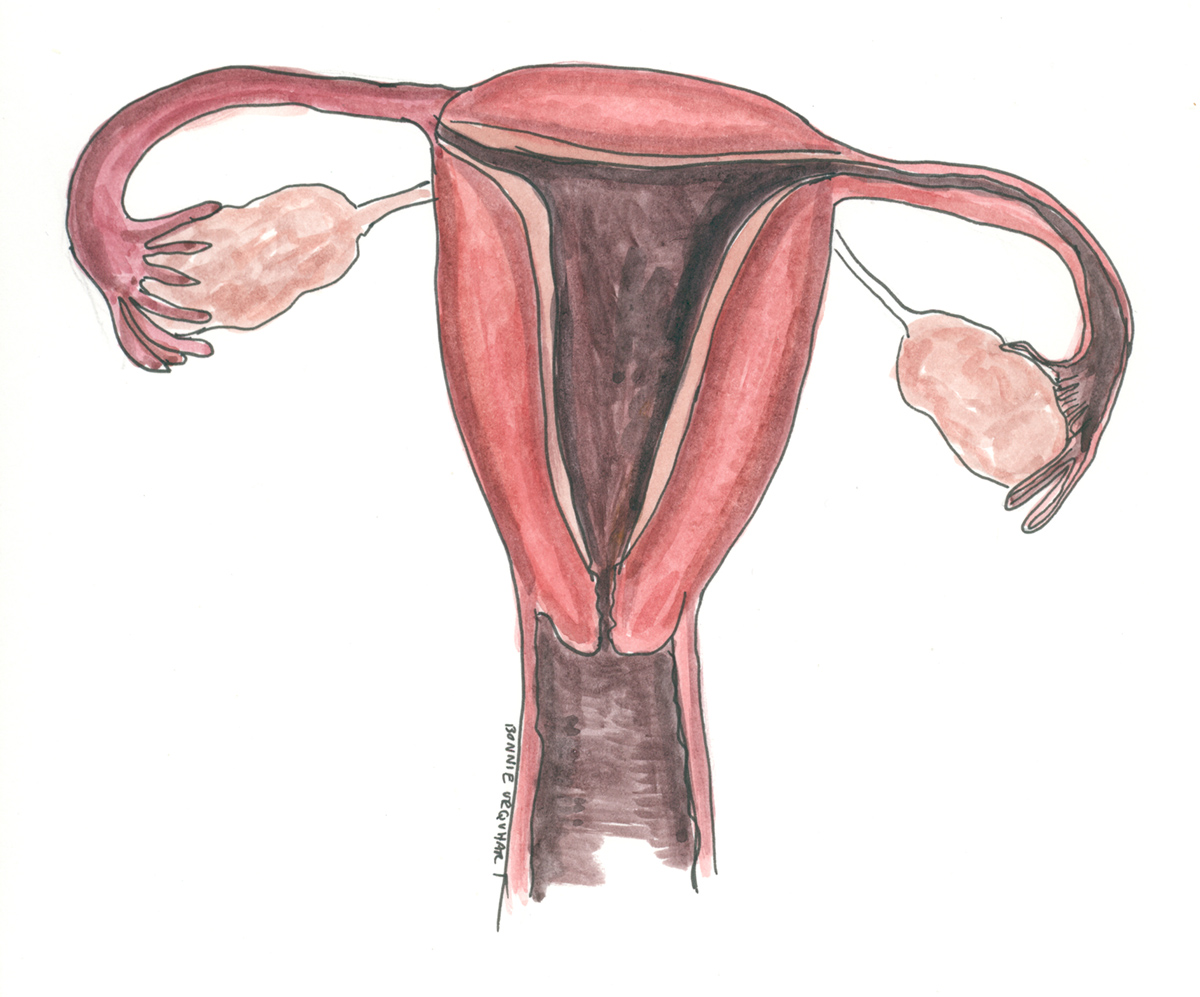
Unlike in the men, the reproductive organs of a women are mainly located in the inner part or pelvis. The outer part, named the vulva, covers internal reproductive organs such as the vagina, uterus, fallopian tubes and ovaries. The outer parts consist of labia, the lips, clitoris, the sensitive part, and uretra, the urinary canal. The most important female genital parts in the process of reproduction are the uterus or womb and the ovaries.
The vagina is connected to the uterus through the cervix. The muscular characteristic of the uterus serve to adjust to the growth of the fetus which develops in the uterus. The uterus releases all vaginal secretions and has the main role in transferring sperm to the ovaries through fallopian tubes. The ovaries release female eggs, ova, which are then passed through the fallopian tubes to the uterus. Eggs are fertilized by the male sperm in the uterus or in the oviducts, tubes connecting the uterus and the ovaries.
Once a month the ovaries produce eight to 15 eggs but only one egg matures and this one is passed from the ovary in the process of oogenesis and if there is no fertilization of this ovum, it is ejected through menstruation. Menstrual periods last about five to seven days and women have to take greater care of the hygiene of their female organs since this is the time when female organs are especially sensitive. There are a lot of protective measures to help reproductive organs stay healthy.
Some of effective natural products are herbs such as sage, yarrow, Ladies' Mantle, marigold and raspberries. These herbs have uterine functions since they protect the ovaries and the uterus and in addition, regulate hormones. They are used in the form of tonics.
Alfalfa, borage seed oil, chaste tree and primrose also help in regulating the level of hormones and prevent disturbances. When the level of estrogen and progesterone varies, women experience certain health problems in their reproductive system. Menstrual periods may miss or be painful with excessive or insufficient bleeding, hairs appear in unusual places and thickens throughout the body.
Emmenagogues are the herbs which stimulate the blood flow during menstrual periods and ease the accompanying pains in the abdominal region. Cinnamon, ginger and rosemary contain these substances which encourage normal bleeding.
Nettle, Ladies’ Mantle, yarrow, raspberry and sage are effective if the bleeding is excessive so taking the tea of these herbs several times a day can help reduce the bleeding.
Other natural remedies include lavender, cramp bark, skullcap, rosemary, wood betony, lemon balm rich in Nervines and anti-spamsmolytics. Nervines are the substances which positively affect the nerves in genital organs while anti-spasmolytics substances reduce spasms or cramps of the muscles which cause pains during menstruation.
Marshmallow, ribwort and marigold have anti-inflammatory properties. Sage, cinnamon and yarrow also protect against inflammation and are used in treating urinary infections.






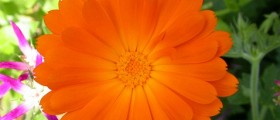
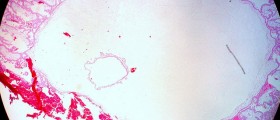
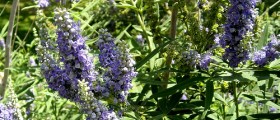


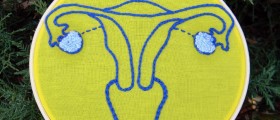





Your thoughts on this
Loading...